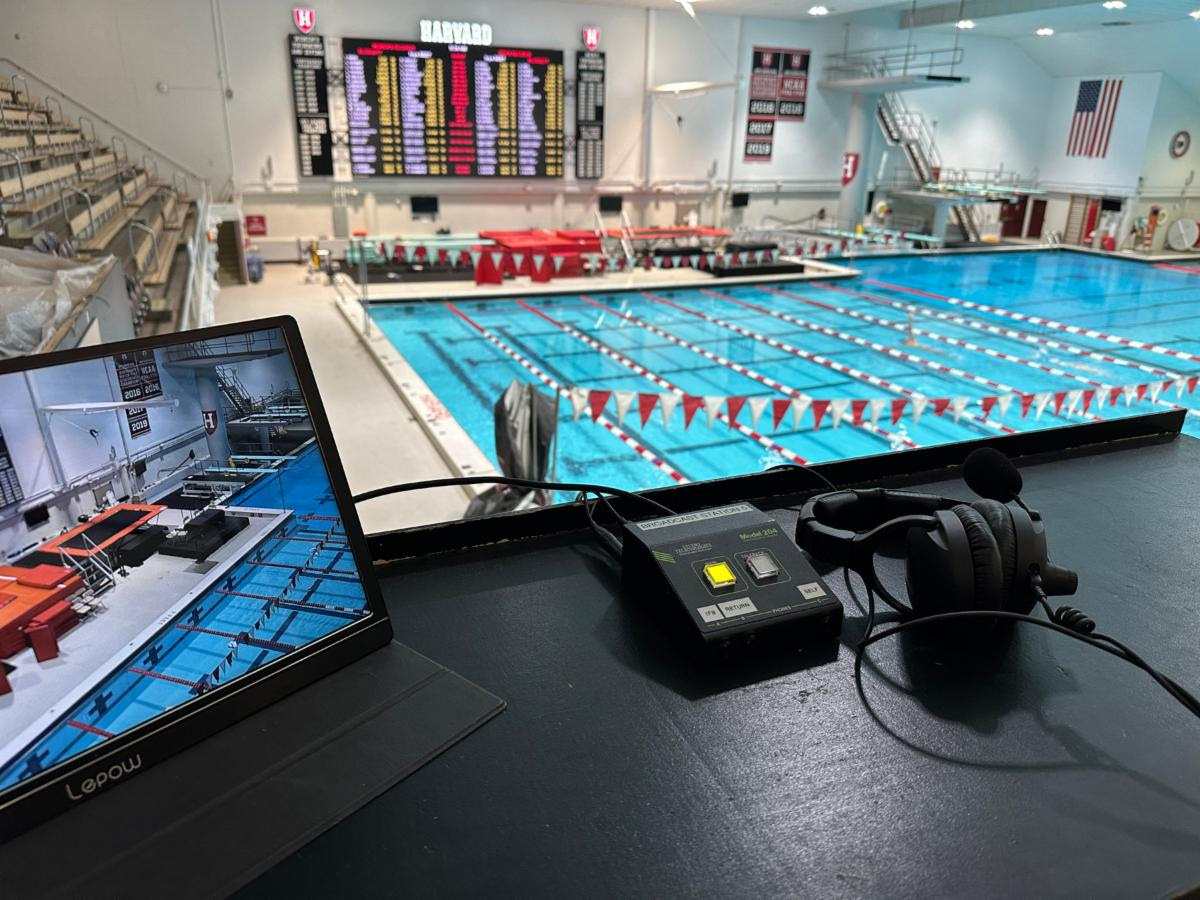Congress debates setting DTV transition date
Should Congress set a date certain for turning off analog television? If so, what should the federal government do to ease the transition for over-the-air viewers?
At a House Subcommittee on Telecommunications and the Internet hearing last week, it was clear — after years of perceived foot dragging on DTV by terrestrial broadcasters — there is growing support in Congress to set a hard deadline. A key reason is the government wants the analog spectrum back in order to generate income from a spectrum auction.
“I sense growing concern that, without a hard date, we may never see the timely end to the DTV transition in the United States,” said subcommittee chairman Rep. Fred Upton (R-Michigan). “With public safety, not to mention commercial wireless carriers, in need of spectrum currently encumbered by broadcasters, time is of the essence.”
However, there was general agreement that turning off analog TV signals all at once would create disruptions for over-the-air television viewers. Those viewers would be forced to get special converters in order to receive digital signals.
James Snider, a senior research fellow at the New America Foundation, supports an approach used by Berlin, which in August 2003 became the first major city in the world to completely switch from analog to digital TV signals. However, German officials heavily subsidized the transition by giving out free converters to low-income TV viewers. German cable operators also downconverted digital signals back to analog to minimize the disruption to viewers.
Joe Barton, (R-Texas) chairman of the House Commerce Committee, supports a similar approach for the U.S. He estimated last week that the federal government would have to pay about $1 billion to purchase set-top boxes to ensure that over-the-air viewers aren’t left without TV when analog television service is turned off.
Even at that cost, Barton said, purchasing the boxes would be a good deal for the government due to the vast additional income that spectrum auctions would generate once the airwaves are reclaimed from television broadcasters.
Get the TV Tech Newsletter
The professional video industry's #1 source for news, trends and product and tech information. Sign up below.
Barton advocates setting a hard deadline of Dec. 31, 2006, for completing the transition to digital terrestrial broadcasting and for the return of the analog spectrum. Under his plan, the federal government would purchase converter boxes for the estimated 10 million homes that don’t have pay TV service or a receiver capable of receiving digital transmissions.
Upton, who also advocates a program to subsidize boxes for low-income consumers, suggested some fairly aggressive regulatory and/or congressional intervention, to push the DTV transition to completion, but admitted that opinions vary on how to get there.
NAB broadcast lobbyists oppose a hard deadline.
